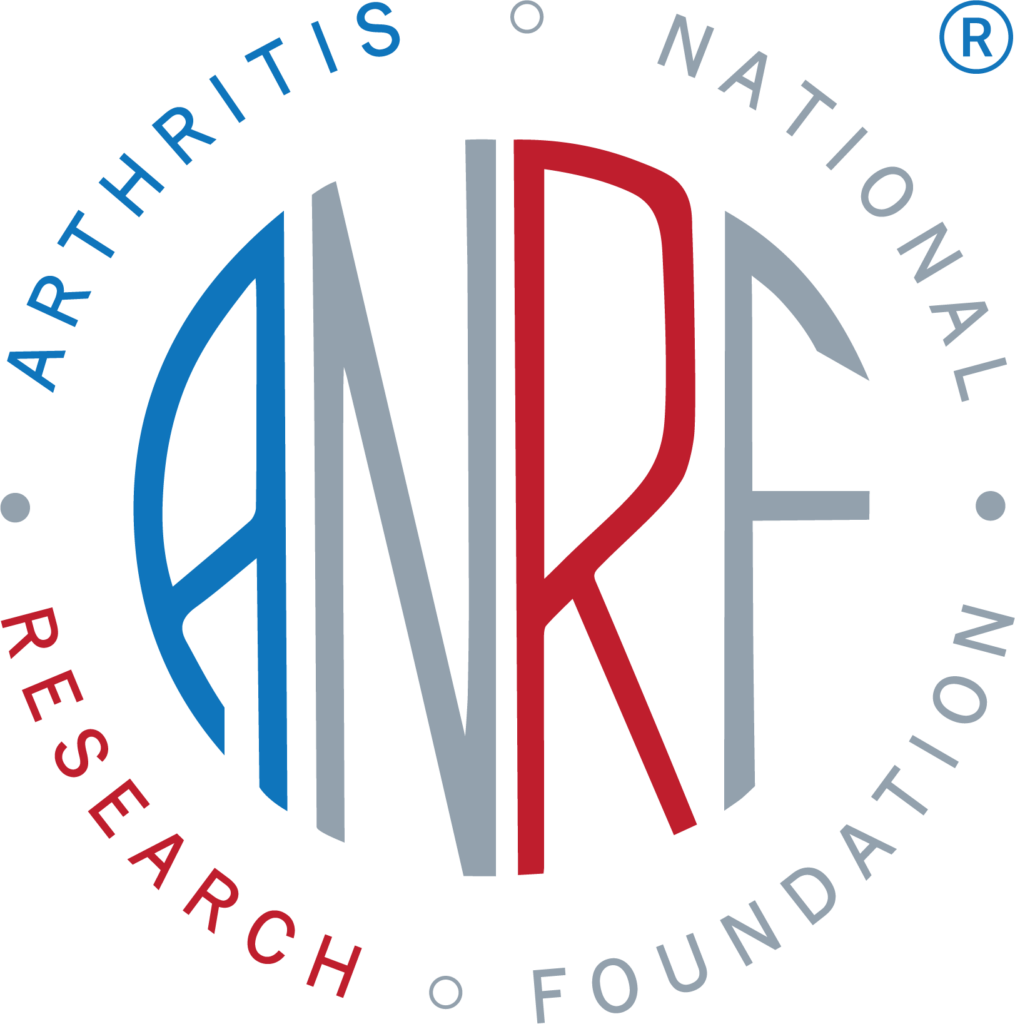
Dr. Renuka Nayak is an Assistant Professor of Medicine at the university of California, San Francisco. As a physician-scientist she dedicates her time to advancing the care and treatment of patients with rheumatologic conditions. More and more we are recognising the role our gut biome has in our overall health and disease profiles, many consider this biome to be our “second genome”. A unique set of skills and experience in Biology, Computer Science, and Clinical Rheumatology puts Dr Nayak in a position to investigate the influence of the human gut biome in the treatment of rheumatoid arthritis.
As an ANRF scholar there are two key questions that Dr Nayak is hoping to address: 1) Do the microbiota residing in our GI tract metabolize pharmacologic drugs and does this contribute to variation in clinical drug response? 2) Do the drugs we use to treat disease influence the human gut microbiota which then in turn has downstream consequences on the patient such as efficacy and toxicity?
Research has shown that murine (rats and mice) microbiota metabolize methotrexate, a drug common in the treatment of autoimmune conditions. It has yet to be established whether the human microbiota does the same. What has been established is that patients with increased intracellular levels of Polyglutamated MTX, the metabolite which is the active form of the drug, have an improved response to methotrexate treatment. This raises interesting questions which if answered could go a long way to explaining the large variety of patient responses to the same drug, a problem all rheumatologists battle with. These questions include: Is it possible that a patient may not respond to a medication because of his/her microbiome? Could bacteria in the gastrointestinal tract be metabolizing the medication even before it gets into the patient’s blood stream? Alternatively, could specific bacteria, which are only present in some patients, be turning the drug in to a more active version that is more effective?
As a rheumatologist Dr Nayak is frustrated at the trial and error approach, often necessary in order to find a drug which the patient responds to. Currently, rheumatologists have no way of predicting individual patient response. As it takes between 2-3 months for most drugs to exert their full effect, patients who are ultimately deemed to be non-responders suffer from continued pain and could potentially sustain permanent damage during that window. Dr Nayak is hopeful that the data she generates will provide a foundation to create a predictive tool that helps to identify patients as non-responders thus allowing them to start alternative therapies sooner.




